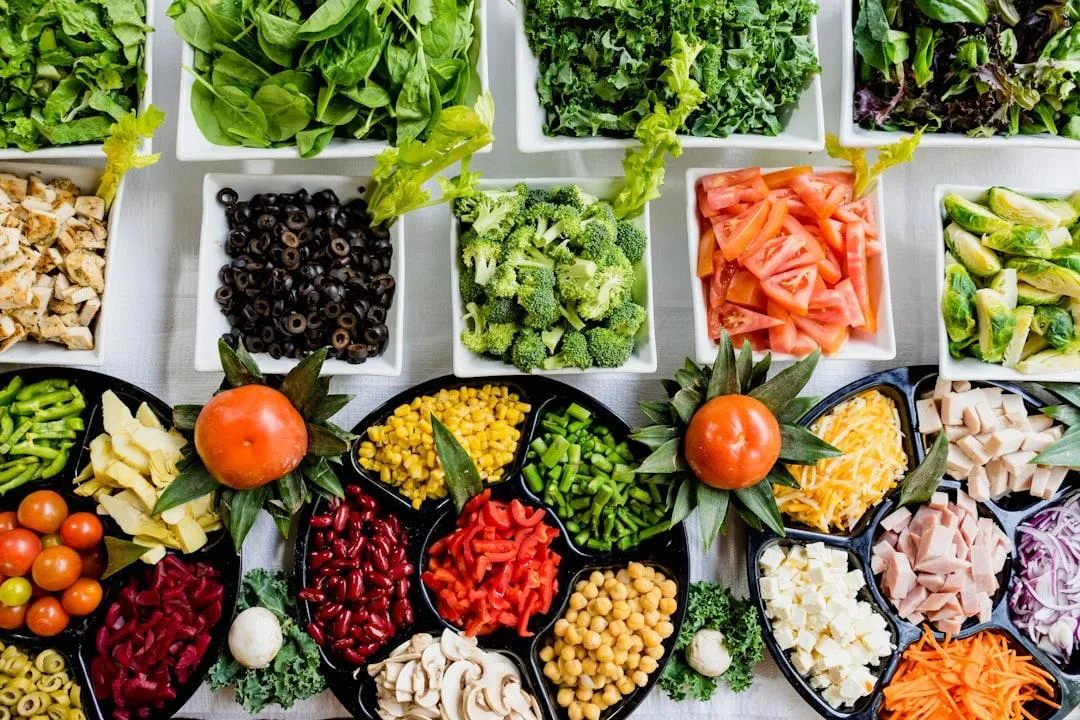
Nutrition for Hormone Balance: How Food Can Transform Your Energy, Mood, and Vitality
Are you tired of feeling drained, moody, or “off balance” when it comes to your hormones? You’re not alone. Many women in their 30s, 40s, and beyond struggle with fatigue, brain fog, weight fluctuations, and mood swings—all of which are closely tied to hormone health. The good news? You can take back control, and one of the most powerful tools available to you is nutrition for hormone balance.
In this article, we’ll dive into how the right foods can help regulate your hormones, boost your energy, and ease symptoms naturally—so you can feel like yourself again.
Why Nutrition Matters for Hormones
Your hormones are chemical messengers that affect everything from mood and metabolism to sleep and fertility. When they’re out of balance, symptoms show up. But here’s the empowering truth: what you eat directly impacts your hormone health.
By choosing nutrient-dense foods, stabilizing blood sugar, and staying hydrated, you give your body the building blocks it needs to create and regulate hormones effectively.
1. Prioritize Whole Foods for Hormone Support
Whole, unprocessed foods provide the essential nutrients your endocrine system relies on. Try building your meals around:
Leafy greens like spinach, kale, and broccoli → rich in magnesium, calcium, and antioxidants that support hormone regulation.
Lean proteins such as chicken, fish, tofu, and legumes → help stabilize blood sugar and support muscle mass.
Healthy fats from avocados, nuts, seeds, and olive oil → crucial for producing estrogen, progesterone, and other key hormones.
👉 Pro tip: Aim to fill half your plate with colorful vegetables, one-quarter with lean protein, and the rest with healthy fats or complex carbs.
2. Balance Blood Sugar to Prevent Hormone Rollercoasters
Blood sugar swings are one of the biggest triggers for hormone imbalances, especially in women. Crashes can lead to irritability, cravings, fatigue, and even disrupt cortisol and insulin levels.
To maintain steady energy and mood throughout the day:
Choose complex carbs like quinoa, oats, and sweet potatoes—they release energy slowly.
Add fiber-rich foods such as beans, lentils, and flaxseeds to keep digestion and glucose steady.
Pair carbs with protein or healthy fat for even better balance.
👉 When your blood sugar is stable, your hormones work in harmony instead of chaos.
3. Hydration: The Overlooked Hormone Helper
Even mild dehydration can worsen fatigue, headaches, and hormone-related symptoms. Staying hydrated helps your body transport nutrients, regulate temperature, and support detoxification—all vital for hormonal balance.
Aim for at least 8 glasses of water daily.
Infuse water with lemon, cucumber, or mint for variety.
Add hydrating foods like cucumbers, watermelon, and citrus fruits to your meals.
👉 Remember: dehydration often shows up as cravings or fatigue. Try a glass of water before reaching for a snack.
Your Food Is Your Hormone Ally
Nutrition isn’t just about calories—it’s information for your body. By prioritizing whole foods, balancing blood sugar, and staying hydrated, you’re giving your hormones exactly what they need to thrive.
Over time, these small but consistent changes can transform how you feel—boosting your energy, stabilizing your mood, and helping you reclaim your vitality.
✨ At Thrive Beyond Hormones, I help women just like you navigate perimenopause, menopause, and beyond with natural, integrative strategies. If you’re ready to create your personalized hormone wellness plan, schedule a consultation today.
